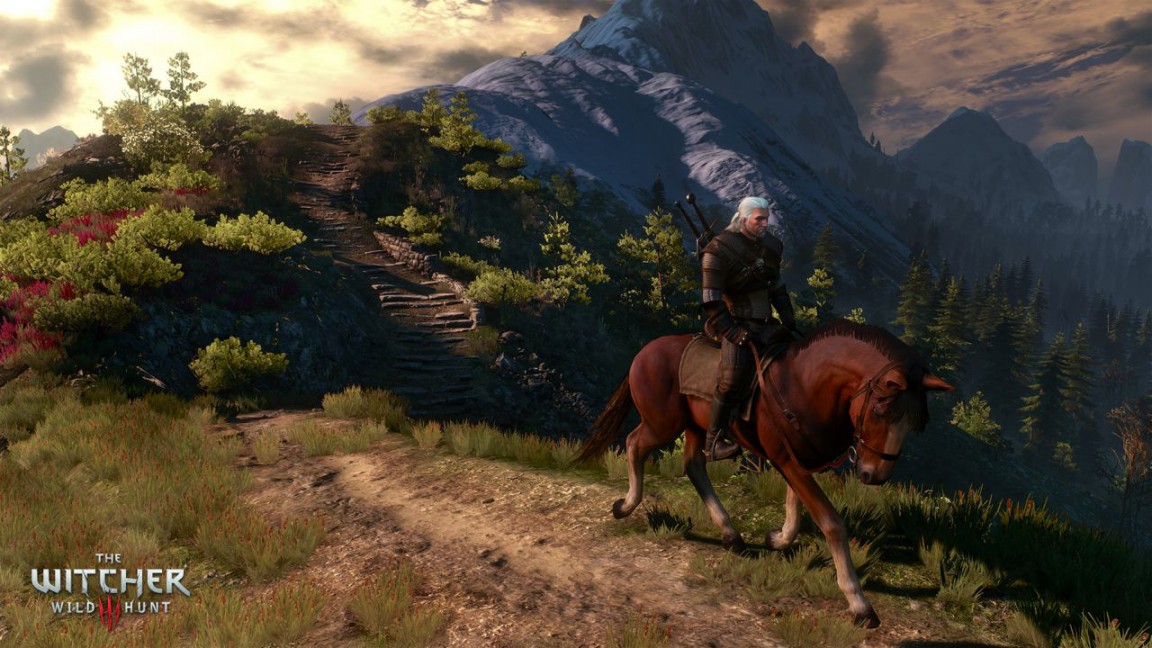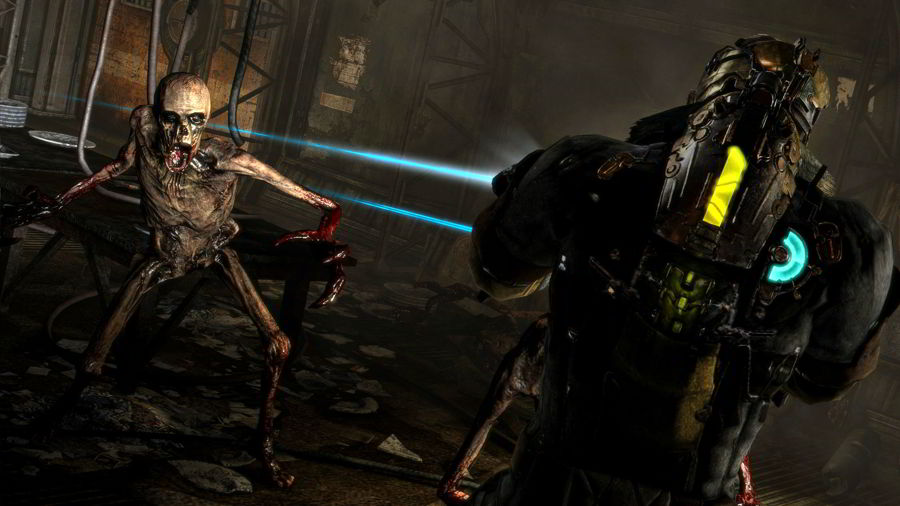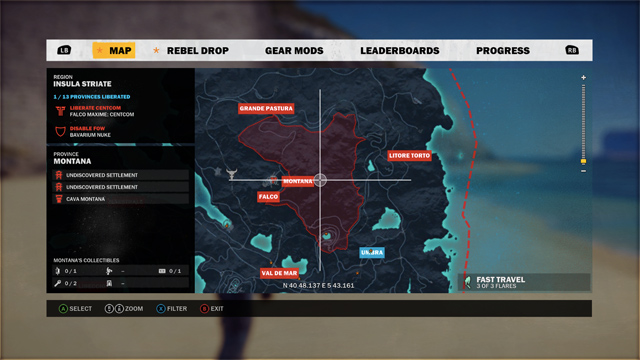

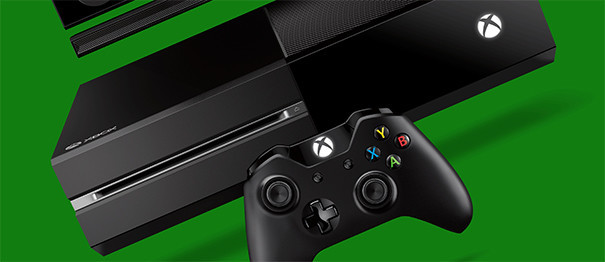
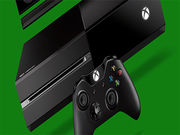
"Delivering more choices" was how Microsoft chose to announce that it was offering a Kinect-less Xbox One, but let's call it what it actually is: a climbdown of Everest proportions, an aborted invasion of the front room by a motion control system too far. No-one really wanted it, bar Microsoft itself. Finally, even it saw what a mistake this all was.
The removal of the hardware – maligned since birth, underpowered and overhyped – is a potentially positive (in a business sense), if embarrassing move for the Redmond firm. After all the talk of Kinect being intrinsic to the system, of Major Nelson telling Redditors that Kinect is "100%" in the firm's plans, many are going to feel let down by the latest in a long line of U-turns. It's easy to handwave that away as being the price of early adoption, but people trusted Microsoft and it went back on its word, no matter how beneficial it may turn out be in the future.
(Of course, some will have had the thing unplugged since day one. They're probably now sitting around, nodding sagely as they bellow into Twitter how wise they are. And why not?)
So what now for motion gaming? It could be argued that if Microsoft couldn't get it to work then no-one can. At the same time, it wasn't just a question of Microsoft getting it 'to work', it was convincing players and developers to spend their time and money investing in it. It failed, and probably marks the end of large-scale, integral motion control setups, at least in this form. Microsoft's grand experiment has been exposed as folly, much like the rest of its plans for Xbox One, a machine of huge ambition but probably a few generations too soon, with regard to both tech and consumer attitude.
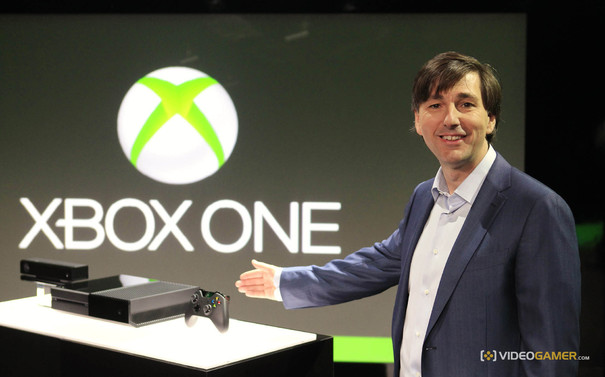
At E3 last year, Simon Miller and I sat in the Galen centre as Don Mattrick and assorted other Microsoft executives told us their version of the future. When the launch price of the machine was announced there was an actual, audible gasp. A few hours later, at Sony's conference, I sat in the audience as Jack Tretton struggled to contain a grin wider than the Atlantic Ocean. In an industry dominated by comparisons to war, Sony had won the first battle. Concerningly for the house that Bill built, Sony hadn't struck this first blow thanks only to its own solid planning, but also because of Microsoft's own colossal blunder. Kinect wasn't a USP. It was a burden.
It's a mistake that may have repercussions for longer than some think. Nearly a year on, just getting rid of the physical need for the peripheral isn't enough: the interface needs to change. Relationships with some devs will need to be patched up. And dropping the price to £349 still doesn't seem like the right figure, especially given the bundle deals that have been offered recently. After a year and a half of disappointment and derision, the firm needs to have the E3 of its life.
